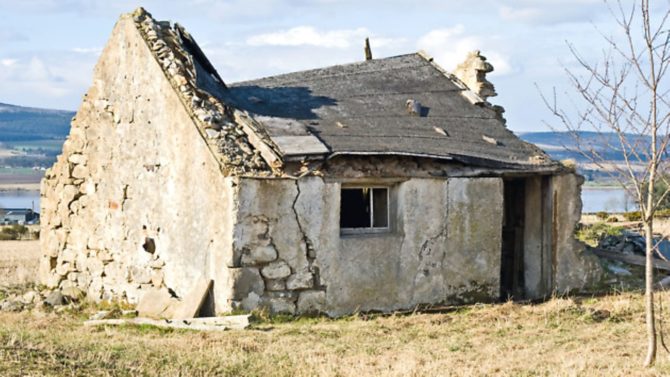How to carry out a renovation in France

Renovation expert Matthew Chalk reveals the renovation process in France and gives his advice to make a project run smoothly
What are the main issues to consider when renovating a property in France? Which areas are worth giving careful thought and consideration to?
Problems can occur if you are not realistic about what can be saved and what cannot. If, for instance, you are adamant that the roof does not need changing and have a mass of internal works completed, only to have to change the roof four years down the line, then this is not a cost-effective exercise. Problems can occur immediately from unstable soil and subsidence to poor drainage, so a survey could be a good idea.
Is there any way people can pre-empt potential hidden costs involved with a renovation project?
There will always be a surprise or two when renovating; a contingency fund is sensible to have in place. Having a survey done – or at least three quotes from different builders – should eliminate a lot of potential problems. I recently came across a window opening which had no supporting lintels! This kind of discovery cannot be predicted by either your builder or surveyor. It is not always a negative scenario, for instance the opportunity may arise to heighten the ceilings, add more lights, move a wall, all of which may not cost the earth, but have a positive impact on the project. If you really want to pre-empt the risk of hidden costs, then a project manager could work for you by recognising and organising the many aspects involved in a renovation; whether it is having a fosse septiqueor a kitchen installed, he or she will be able to offer you advice and costings ahead of any potential issues arising.
Describe the renovation process in France – is it different to the UK? What are the key differences?
You will need permission as in the UK to renovate your property in France. And yes there are building regulations here too. Check at the mairie to find out what you can and cannot do. This will vary depending on where your property is situated. For instance, if it falls under the Petites Cités de Caractère umbrella (a conservation label which protects the heritage of small towns in certain regions of France), you will be subject to more restrictions than if your property is isolated. The key difference is that there are no building inspectors. Your builder must have 10-year guarantees and if they also have the RGE (Reconnu Garant de l’Environnement) label, you can claim back 30% of certain energy-related costs depending on your situation. Ask if your contractor has this and insurance. If you’re using an English company, make sure they are properly registered for the work they are undertaking. You can find out this information by typing their SIRET number into Google and following the leads. You will need to sign a devis (quote/estimate) which is legally binding and pay a deposit upfront. Retaining 5% of the costs back until the job is complete could also be helpful to you.
What are the key roles and how do they interact (i.e. architect, project manager, tradesmen)?
The architect is by his very nature a ‘master builder’ and he or she should have in place your ideal plans and be able to relate these to the contractors. However, you may save money at first by asking your builder what layout they recommend. The need for an architect really depends on your situation and if it is required by the mairie, for example for planning consent. If you are forward-thinking enough and not using too many trades, you can minimise the need for a project manager. A good builder will already have a good relationship with a regular electrician/plumber, which will ensure a smooth and progressive project. If, however, you are having more than two or three trades in, then a project manager is advisable. It is more about saving on time delays and making sure that those aspects of the jobs where trades overlap are completed.
Matthew Chalk is a British expat who runs MC Rénovation, specialising in Morbihan and Côtes-d’Armor in Brittany.
More advice on renovating a property
Share to: Facebook Twitter LinkedIn Email


